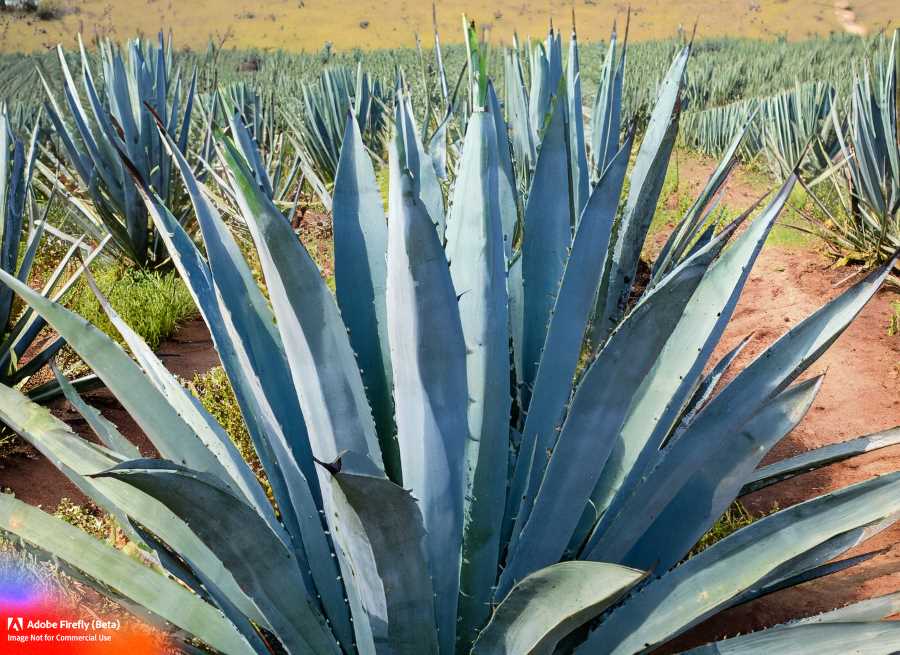Sip Your Way Through Mexico's Rich Booze History
Discover the rich history of Mexican booze, from pulque to tequila. Learn about the unique flavors and traditions of these popular spirits, and explore some of the most popular cocktails made with them. Plus, find out how Mexico is protecting its spirits with regulations.





